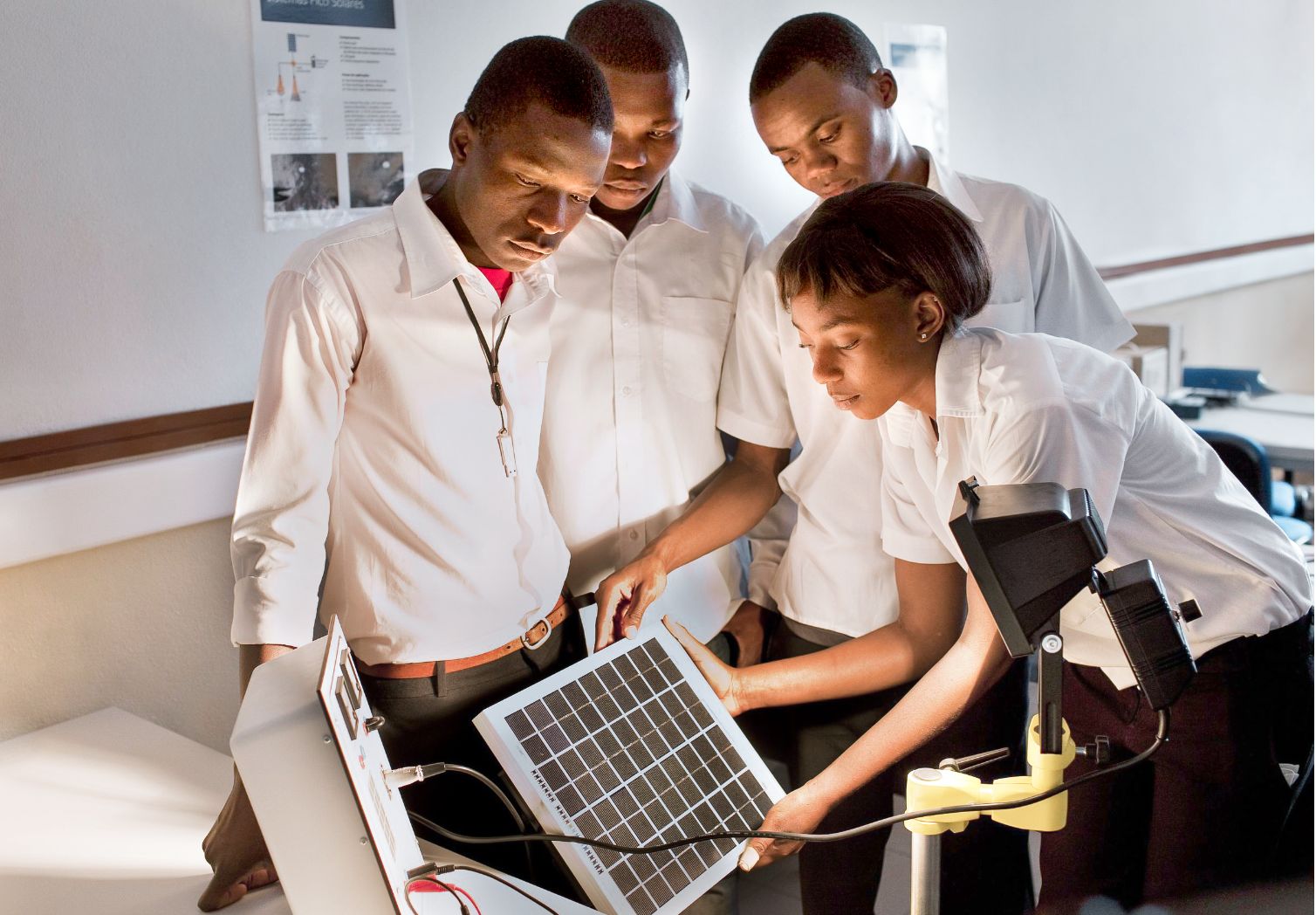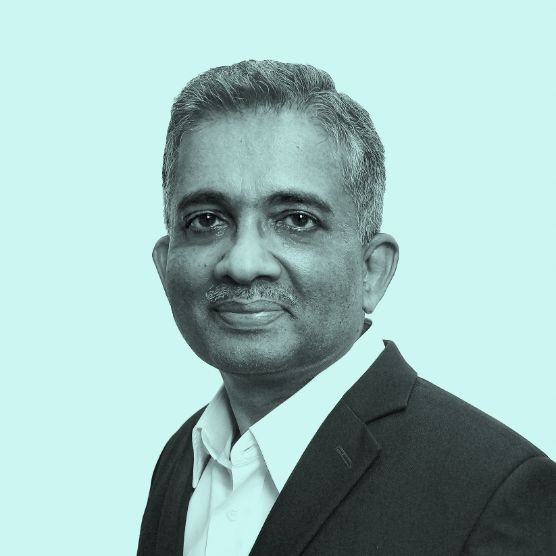The South African province of Mpumalanga will face major changes over the coming decades. This is where 80 per cent of all South African coal is mined. The entire region depends on this sector of the economy. However, coal reserves are finite and the country is also aiming to become climate neutral by 2050. That means an end to fossil fuels. As a consequence, Mpumalanga will have to cope with more than just the loss of the 100,000 jobs in the industry itself. Indirectly, over one million people are dependent on the coal industry. This structural change needs to be shaped well in advance.
To give people in Mpumalanga the chance of a better future, GIZ is working on behalf of the German Federal Ministry for Economic Affairs and Climate Action (BMWK) to facilitate a just transition. The goal is to generate green value and create green jobs. The central question is what jobs the miners, coal industry employees and other people in the region can perform in future. HGV drivers who transport coal, people who sell their goods around coal-fired power stations, cooks, farmers, teachers – they all depend on the people and money that the coal industry brings to the region.


